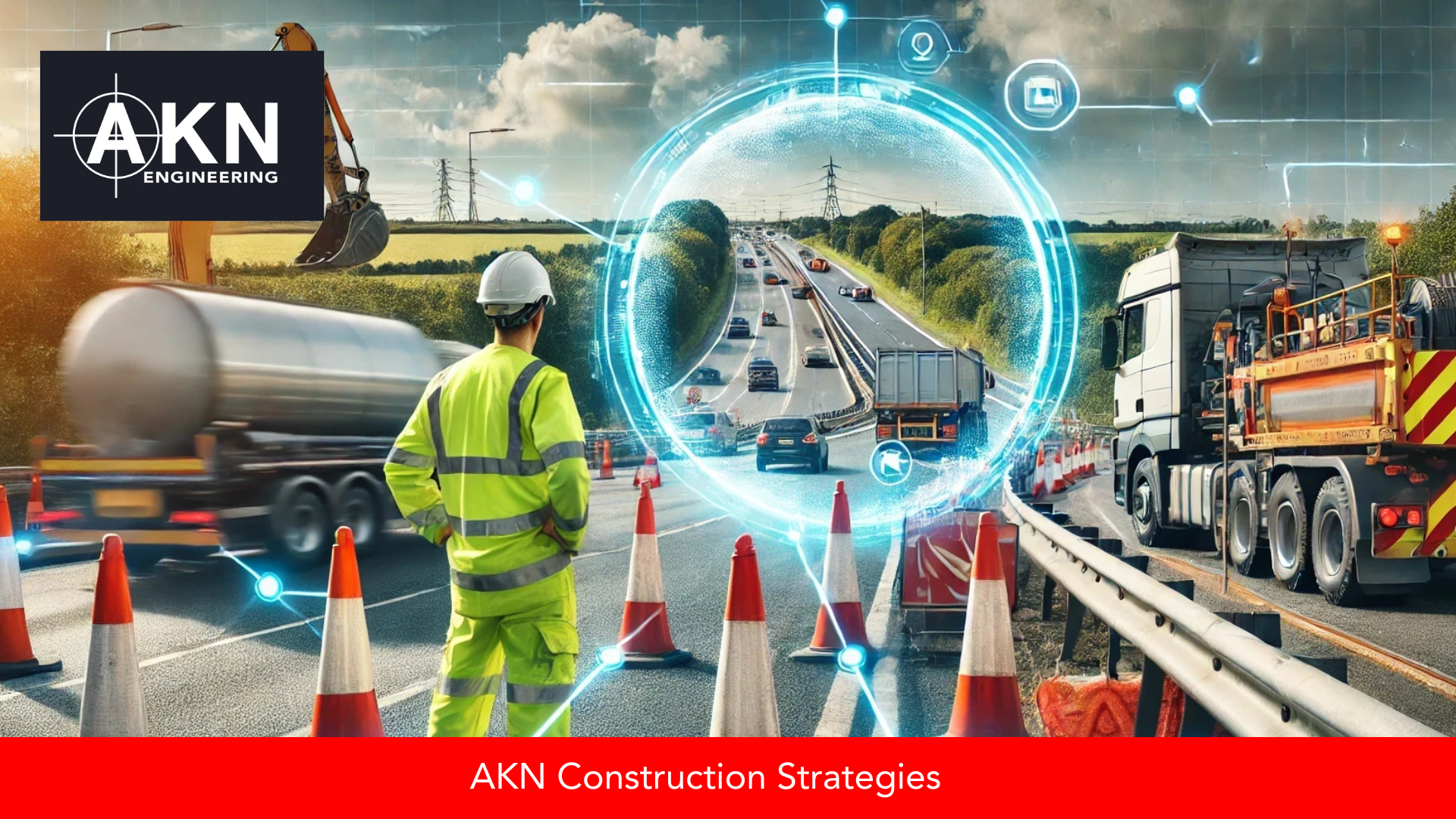The Value of Experience in Site Engineering: How It Saves Time, Cost, and Quality
In construction, experience isn't just a bonus — it’s a vital tool in preventing errors, reworks, and costly delays. While digital design platforms and standardised documentation have become more sophisticated, it’s still the trained eye of a site engineer that often catches what the drawings don’t show.
At AKN Engineering, we believe that experience in interpreting real-world conditions is what elevates a good engineer to a great one.
Catching Problems Before They Cost You
One of the most important aspects of site engineering responsibilities is identifying mismatches between design intent and actual site conditions. We regularly see common issues like:
Incorrect slopes in drainage system
Pipes with back-falls instead of proper gradient
Misaligned utility corridors or road layouts
These problems are costly — not just financially, but also in terms of programme delay and reputational risk. The earlier they're spotted, the easier (and cheaper) they are to fix. That’s where experience counts.
Reading Drawings Is Half the Battle
A big part of preventing these issues is the ability to read and interpret technical drawings accurately. This means more than just understanding the layout; it’s about anticipating how different elements will interact on site — including levels, gradients, and interfaces with existing infrastructure.
We ensure that every engineer at AKN is confident in using AutoCAD and Civil 3D, tools essential for working with design data and creating BIM-ready outputs that match what's happening on the ground.
How We Train Our Graduates
Our graduate engineers undergo a rigorous programme that balances field and office work — with 50% on site and 50% in the office. This blend allows them to link theory with practical application, preparing them to spot issues, adapt quickly, and deliver quality work.
We’re proud to support the next generation of engineers through real experience — not just CAD skills but situational awareness, decision-making, and communication.
Real Expertise, Real Results
It’s no secret: experience is what allows engineers to move from checking boxes to solving real problems on live projects.
To learn more about how our engineers work in practice, check out our blog post on A Day in the Life of an Assistant Engineer or discover how we support contractors through topographic surveys.
For more insights into highway construction and to explore our range of services or contact us, visit our website. We’re here to support your projects with our expertise and dedication to quality.


